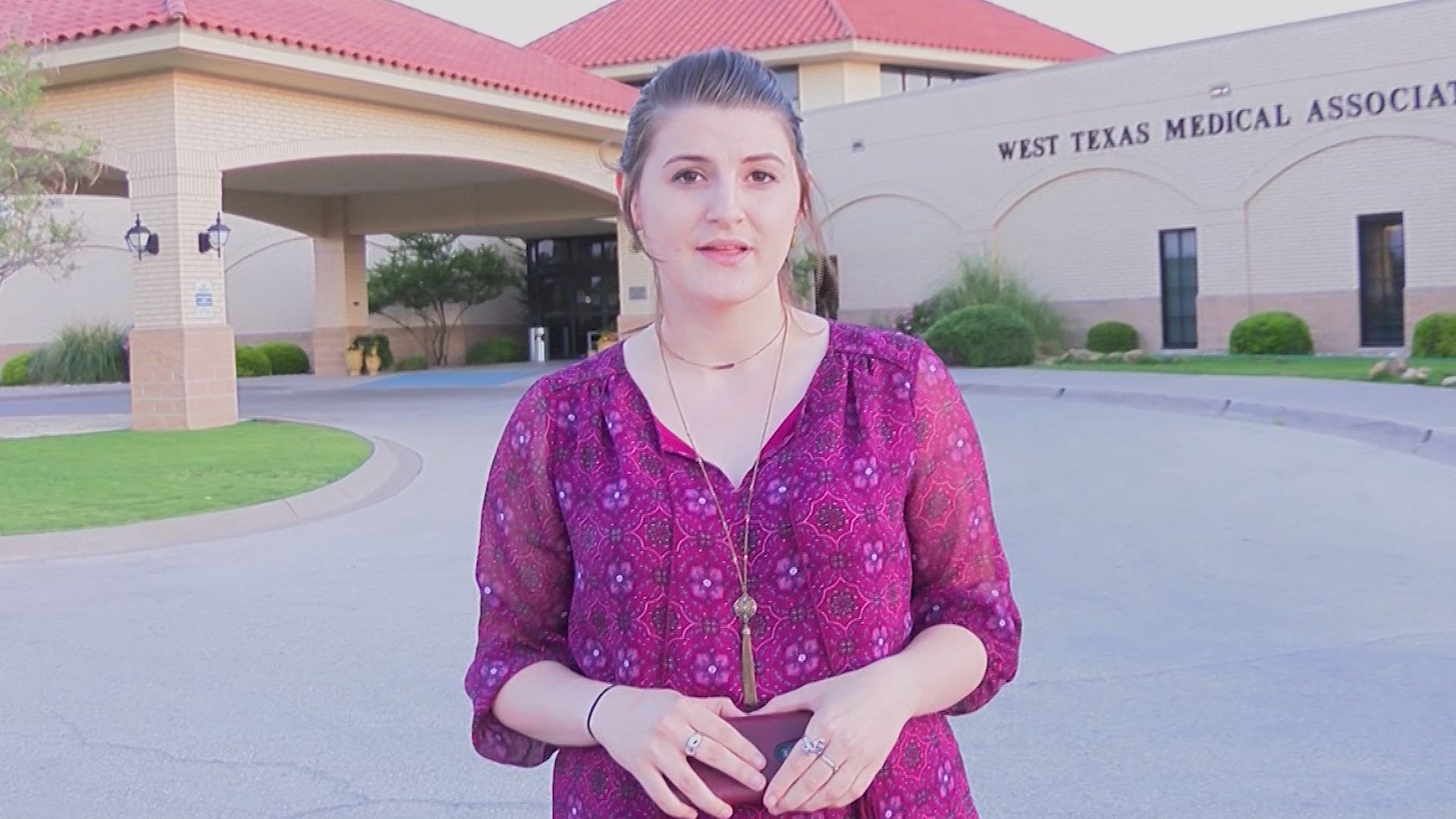SAN ANGELO, Texas — It's natural for people to disagree, especially when it comes to what’s best for their children. With all eyes on the development of a coronavirus vaccine, there are many mixed feelings arising about the use of vaccines.
Pediatrician Dr. Sara Halfmann with West Texas Medical Associates in San Angelo said vaccines are the way to protect immune systems from certain diseases. Vaccines contain antigens, which are little doses of the disease in question.
When these weak antigens are introduced to the body, antibodies are able to be produced so that the body can fight the disease in the future, should it come into contact with it again. For a drug to become a vaccine, it must first pass animal testing, then be tested on a small batch of human subjects, and finally be marked safe and effective by the Centers for Disease Control and Prevention.
Parental rights advocate and San Angelo mom Sarah Newsome said that’s not how it ends up going. Newsome said in a hurry to produce a coronavirus vaccine, researchers have begun to cut corners with animal testing.
Calling herself an "ex-vaxxer" rather than an anti-vaxxer, she advocates that parents have the right to choose whether or not their child receives a vaccine without government influence. Newsome said she has seen vaccine injury occur in her friend’s children, one of which was discovered with autism 24 hours after receiving the MMR vaccine.
Dr. Halfmann said through the trial phase of vaccine development, they make sure to fix any extreme side effects or issues. However, it is totally normal for there to be minor swelling at the injection site, a low-grade fever, or body aches. Halfmann said these are all small side effects that outweigh the risk of the disease.
On the other hand, Newsome said there’s more to it than that, referencing a Harvard study that says less that 1% of vaccine adverse events are even reported to the Vaccine Adverse Event Recording System.
Halfmann said dangerous diseases such as measles, polio and meningitis are still liable to pop up. She said vaccinations will protect the patient and perpetuate a herd community, meaning society will be safer from it. She also said vaccinated people should not be afraid to encounter those that are unvaccinated. The only issues are if an infant under 2 months old, an immunocompromised person, or someone undergoing cancer treatment, comes into contact with someone who has a disease.
Despite their differences, they both agree a coronavirus vaccine will be much farther in the future and it will most likely not be mandated. Newsome said they can’t mandate something that is not 100% safe.
However, she said people can always go get an exemption from the State of Texas without needing a religious or political reason. Halfmann said even with our well-established vaccines, they are still optional.

